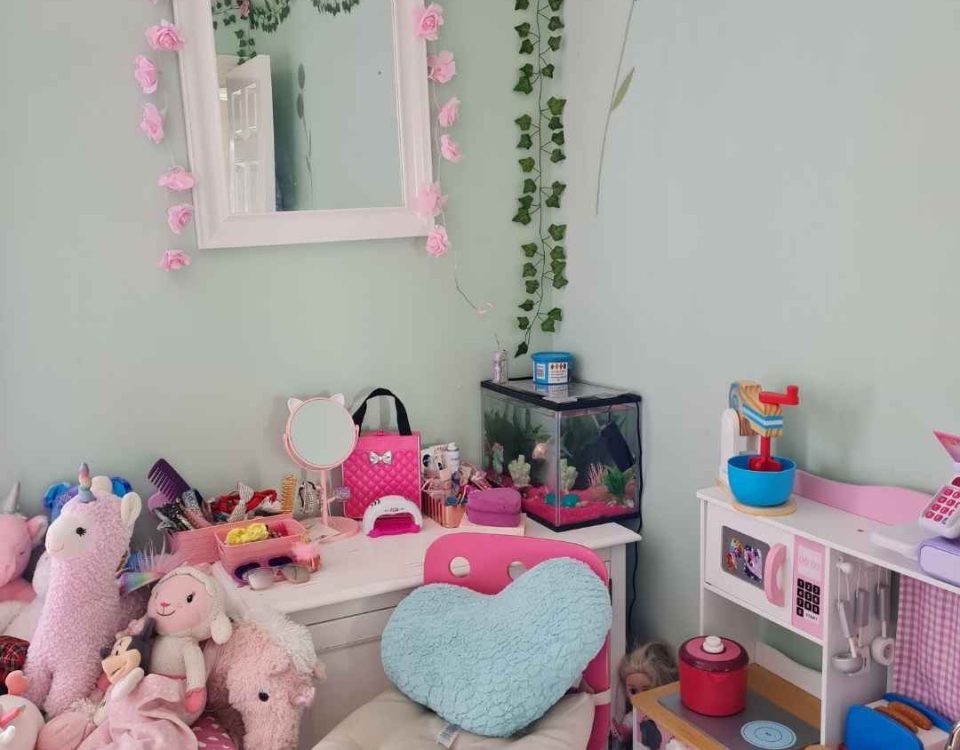This website uses cookies so that we can provide you with the best user experience possible. Cookie information is stored in your browser and performs functions such as recognising you when you return to our website and helping our team to understand which sections of the website you find most interesting and useful.
Taking Your Blog From Hobby To Business

*This is a collaborative post.
The concept of blogging really isn’t anything new, and with the internet now more accessible than ever there has never been a better time to start writing online. Most people start their blogs as hobbies, providing them with a creative outlet from which to share their lives, thoughts, and opinions. But as the popularity of blogging has grown, it has become clear that there’s a lot of money to be made from blogging, and so hobby bloggers are quickly making the shift and turning their blogs into part-time or even full-time businesses. If you’re considering monetising your blog, then here are a few things you need to consider.

Are you set up for monetisation?
Although it is possible to make money from a free hosted blog, most brands and businesses will only work with blogs who have their own domain names, which means you will need to be self-hosted. How you choose to host your blog is up to you and there are a number of options to choose from including cheap VPS hosting as well as hosting through companies such as Squarespace or Wix.
Know your terms and conditions
There are a number of different ways to monetise your blog including posting guest content, embedding back-links into your posts, reviewing products, posting advertisements, or using affiliate links. Some of these give you more control than others, and so it is important to come up with your own terms and conditions. Are you happy to post do-follow links? Are there any kinds of websites that you won’t link to such as gambling sites? How long will you keep advertisements on your page? Will you still post a review if the product you try is not up to scratch? What kind of guest content will you accept? These are just some of the questions you may want to ask yourself before agreeing to work with companies on monetised content.
Remember that blogging is a taxable income
Sadly, like all other self-employed income, blogging income is taxable, which means that you will need to keep an eye on what you are earning, file invoices, and submit a tax return if you start to earn above the minimum threshold. But earning money from your blog and starting a part-time or full-time business as self-employed isn’t all bad considering that you can off-set some of your taxable income by expensing materials you need to run your blog. Just make sure to seek financial advice if you need it and to keep records of payments and invoices.
Don’t let it change you
The truth is, it can be very easy to lose your way once people start offering you money to post content or to promote their products online. There’s nothing wrong with either of these forms of monetisation, so long as you stay true to who you are as a blogger and only promote content or products that you truly believe in. Be prepared for a whole host of strange proposals to come your way, and don’t be afraid to say no if they don’t suit you.
So there you have it – a few things to consider if you are taking your blog from a hobby to a business. Do you monetise your blog? Do you have anything else to add?




